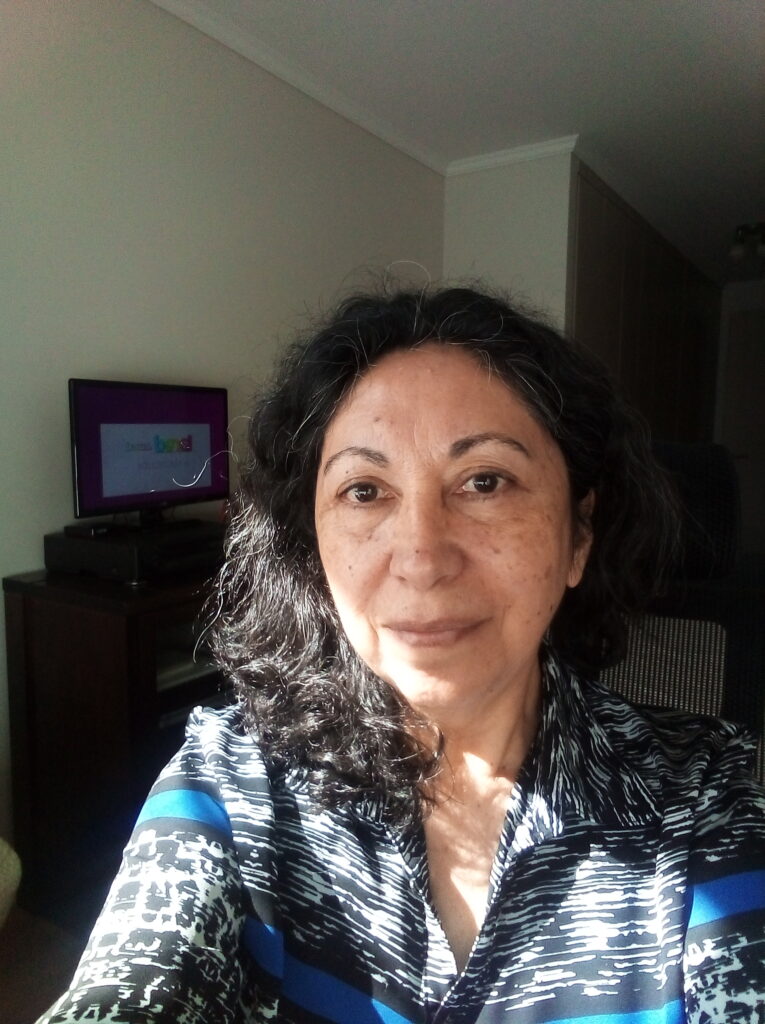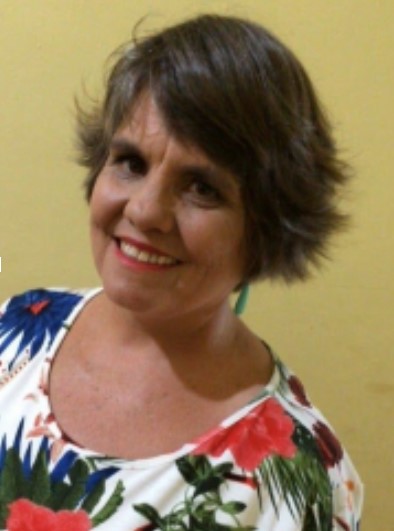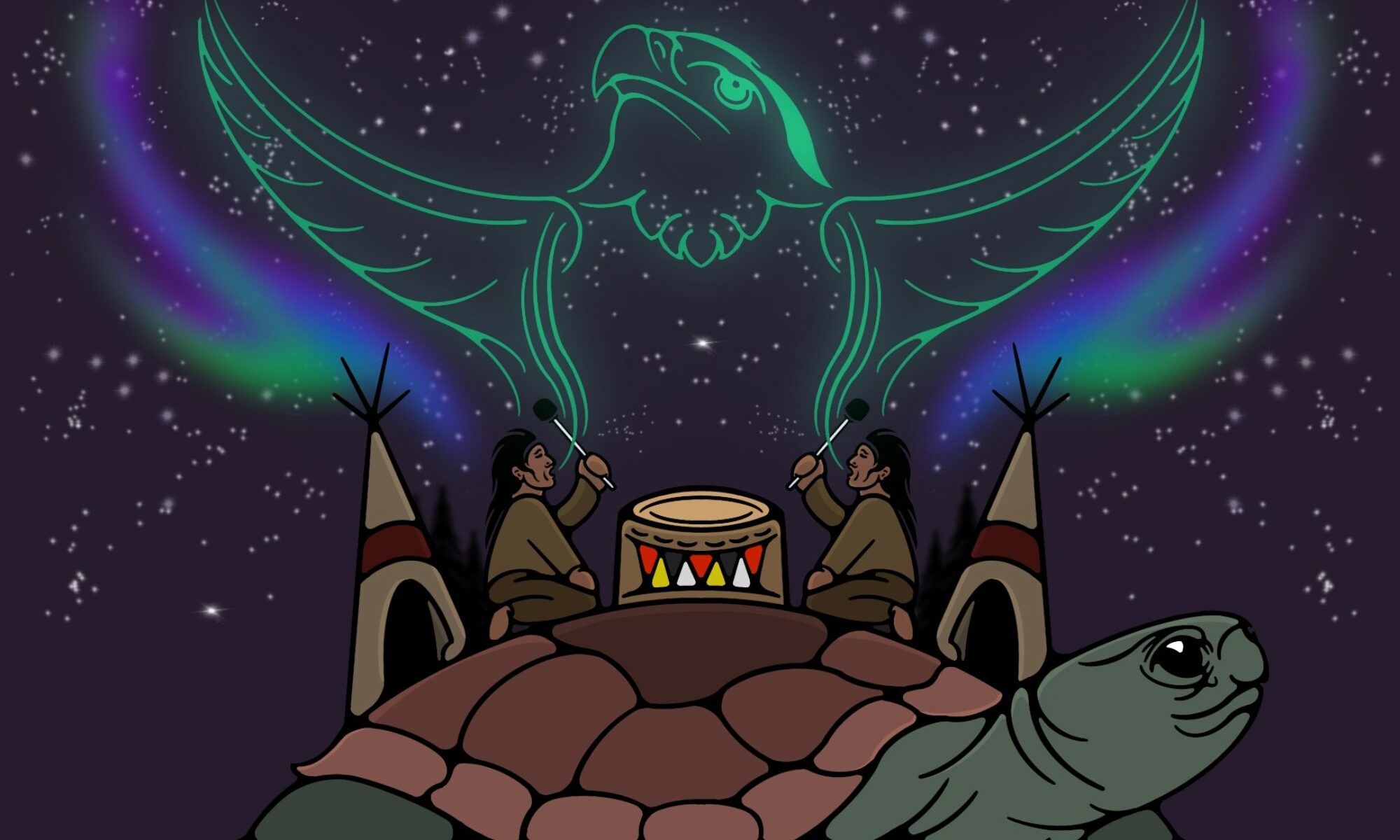Selection and introduction by Mabel García Barrera
© Translation by Lorrie Jayne and Juan G. Sánchez Martínez
Bilingual Cristian Cayupán is recognized as the poet with the most potential in the area of Mapuche and Indo-american Literature Studies. He lives in Southern Chile, in the city of Temuco, in the José Cayupán community of the Mequewe area. Cayupán has published several collections which include Poemas Prohibidos (prohibited poems) (2007), Reprimida Ausencia (repressed absence) (2009), Usuarios del silencio (users of the silence) (2012), Tratado de Piedras (treaty of rocks) (2014),Terruño (homeland) (2014), El hombre y su piedra (the man and his rock) (2016), Apología del barro. Fotra ñi llellipun (clay’s apology) (2017). In collaboration with Ana Ñanculef, Cayupán has also co-authored a book of ethnographic research entitled KuifikeZugu. Discursos, relatos y oraciones rituales en mapuzugun (discourses, stories and ritual prayers in Mapuzugun)(2016).
He is the manager and editor of the Magazine Comarcas. Literatura sin Fronteras. (borderlines, literature without borders) which has been in continuous publication since 2011. Above, Cayupán brings together the unedited poem Piedra Humana, an ontological project that continues the path of the poet’s previous works and is immersed in an “aesthetic of the sacred” that brings traditional Mapuche knowledge and types of speech into the present. He includes epew (mythical tales) and other ancestral canonical forms in which beings are one with the cosmos dissolving and fusing in the energies which they inhabit. This perspective is part of the art and literature of present day Mapuche, whether as a challenge to preserve and represent this mode of inhabiting the cosmos as a vital experience, or as cultural revitalization and/or political stand of cultural resistance.
Throughout his texts, Cayupán achieves a challenging and complex project, that writes into its core a cosmogenic narrative from the rakizuam Mapuche –ancestral traditional thinking– which creates a transformative reality that expands from the rüme fütra kuifi, the time of origins, until it returns to itself in the events of the fantepu mew- the present. Between these axes, Cayupán maintains a constant movement without end. In this cosmic happening the poetic voice seeks to express how life transforms and how humankind goes through the world, establishing the immeasurable as a measure and border of all beings.
Word
I
It first dwelt in caves
where the myth emerged
it was the fire of every foundation
domesticated heat
Cloistered shadows
danced naturally
chasing away darkness
II
It was a pillar of every fire pit
rite of all mortals
Indissoluble matter
primary tool
natural conjure
Absolute clarity
III
It deserted from silence
It stripped its old garments off
It paraphrased within a breath
the first thing it said:
– here is water
flour and yeast
(In other words: The Word)
IV
Then the stone spoke harshly
Filtered voices through wind
strained its design
Presage of becoming
immortal light
V
Was the word perhaps
continuation of fire
and mediator of stones?
Wherever you go
you will find the word within you
Sacred ceremony
divine worship
VI
We are fire and earth still
carved stone
Word – People
pilgrim of empty fields
the earth our room
The night finally became day
transparency of all words
light of future
Path of humanity.
Things… Its meanings
A person was just a single handful of rocks thrown to the ground
that mystery of always being in the world
searching for a meaning in things
as if things give meaning to people
The four seasons of life
give a specific use for objects
which become part of people with time
expanding their way of conceiving the universe
The newly made figures
always look like the first light
described by a prophet
They began to name objects in a different way
languages were born and thus crafts
All things originated in the shadows
The saddlemaker, for example, learned to write knife with his blood
thus the craftsman sculpted the sad heart of the forest
the blacksmith crushed his noble fists in the forge
because shadow is the soul of things, ones own marrow
I withdraw from time
and I start a new one
with my own way of interpreting things
If destiny was to go back to the beginning
naming things with the forefinger
Then, people take
what a life on earth takes
in sprouting their seeds.
People are garments of ancient gods
Shadows that are pushed to the ground
with that bestiality that we do not comprehend
they are not a premonition of another creation
but auspice of our own existence
Who do we stop being when we are born
lighting up that mysterious hand?
The gods, on their behalf, hid their shadows
on immovable rocks
The one who manages to move the mother rock
also find the secrets of that species
But gods extinguished when people emerged
their deities were deposited in clay tombs
Then the written word came
next to the text of the forbidden fruit
The fear of snakes were developed in remote memory
in the first letter of the family tree
that is why today people seek something that they have never lost
but have been led to believe that they’ve misplaced it.
The Tree of Life
The first path was a handful of rocks
emerging from the earth
where Man depended upon himself
to give direction to his steps
seeking the valley of life
Upon discovering language
he traced a map in the soil
and in the same clay he wrote his history
The tree of life
is a path carved in the memory of Man
where its wood shavings celebrate
as they reunite with the early memory
A tree founded upon the root of the Word
where its trunk rises to the height of being
A strappy well-built tree rising up to the universe
Man is a path with no way out
seeking his days without end
On that same crossing
the way grows longer and burns out within
like a dull hand seeking the origin of the paternal light
The tree that we seek each day is within us
in the most intimate realm of our being.
The ceremony of each day
The boy swallows his father as usual
and it seems that every day
the father comes out from the depths of that child
to help knead the bread that the mother leaves in the oven
because she wants to see that someone eats that ancient food
placed on the recently set table
That is the purest rite of passage from child to man
Be swallowed from the guts
and allow the father live inside his own son
so that the past that remains in his memory is alleviated
which is the origin of all family communion
When one makes a pact blood trembles
how the spell reenacts
because in the end each ceremony has its own time
where people last as long as their family tree endures on Earth.
I Am Not Here Yet
I am a wounded word
lacking in language and space
An unspeakable word
without dictionary
or homeland
A word
that did not find a human group
to be spoken by
A word unsuspected by any mouth
In which era did we cease to be plants
to incarnate the word
matter and spirit
naked, docile, humans?
The House in the Rock
If I made this rock my home
it was merely to discover the light that is born within her
for in every home there is a lamp made of words
that lights up with the beginning of each season
I stopped to observe the light that emerges from the stone
for in the eve of a man
things are valued in a different way
Upon speaking it, the light becomes more ancient
for there is something within her that makes us susceptible
upon seeing her through Man
I see myself in the stone when I see her foundations
because her light courses through the hands of the stonemason
and transcends the efforts of those who raised her up
with just one word written upon the earth
This rock is the shadow of a place that does not exist
a half closed door that illuminates the craggy knob
in a manner that precedes the light
When one looks at the beams with the eyes of another
it is to make his household sturdy
for from the roots of the rock is a roof sheltering clarity
I walk around its outskirts seeking an answer
that sign that we recognize from before birth
and one feels some footsteps within
such ancient tracks within himself
it was as though he knew them by heart
for those footsteps were made by his ancestors
Someone calls to me through a mirror
and this voice seems to approach
but as it moves, it moves away within me
When the mirror that was permanently in our house cracks
the mystery that lies within it breaks apart as well
for it is a cave of glass now living within the human genus
Who but time rebuilds its walls?
deepening it each time
The time that scarcely passes is nothing more than a delayed present
and the past that begins there is another layer of ash in the memory of Man
because the house goes back to the origins of being.
More about Cristian Cayupán
- His photography and audio in the Dialogo Project, Chile

About Mabel García Barrera

She is an academic at the Universidad de la Frontera (“the University of the Border”), located in the city Temuco, Mapuche territory, in Chile. She is a State professor of Spanish, with a masters in literature and a degree in applied political sciences. She has investigated, written, and edited books and numerous articles about Mapuche literature and art in mainstream magazines.
About the translators

Lorrie Jayne, a collaborator in Siwar Mayu, teaches Spanish, Portuguese, and Personal Narrative in the Languages and Literatures Department at University of North Carolina Asheville (USA). She lives with her husband and daughters in the Appalachian Mountains where she enjoys plants, people, and poetry.

Juan G. Sánchez Martínez grew up in Bakatá, Colombian Andes. He dedicates both his creative and scholarly writing to indigenous cultural expressions from Abiayala (the Americas.) His book of poetry, Altamar, was awarded in 2016 with the National Prize Universidad de Antioquia, Colombia. He collaborates and translates for Siwar Mayu. Recent work: Muyurina y el presente profundo (Pakarina/Hawansuyo, 2019); and Cinema, Literature and Art Against Extractivism in Latin America. Dialogo 22.1 (DePaul University, 2019.)
